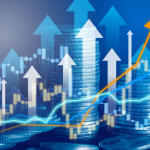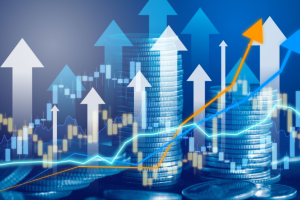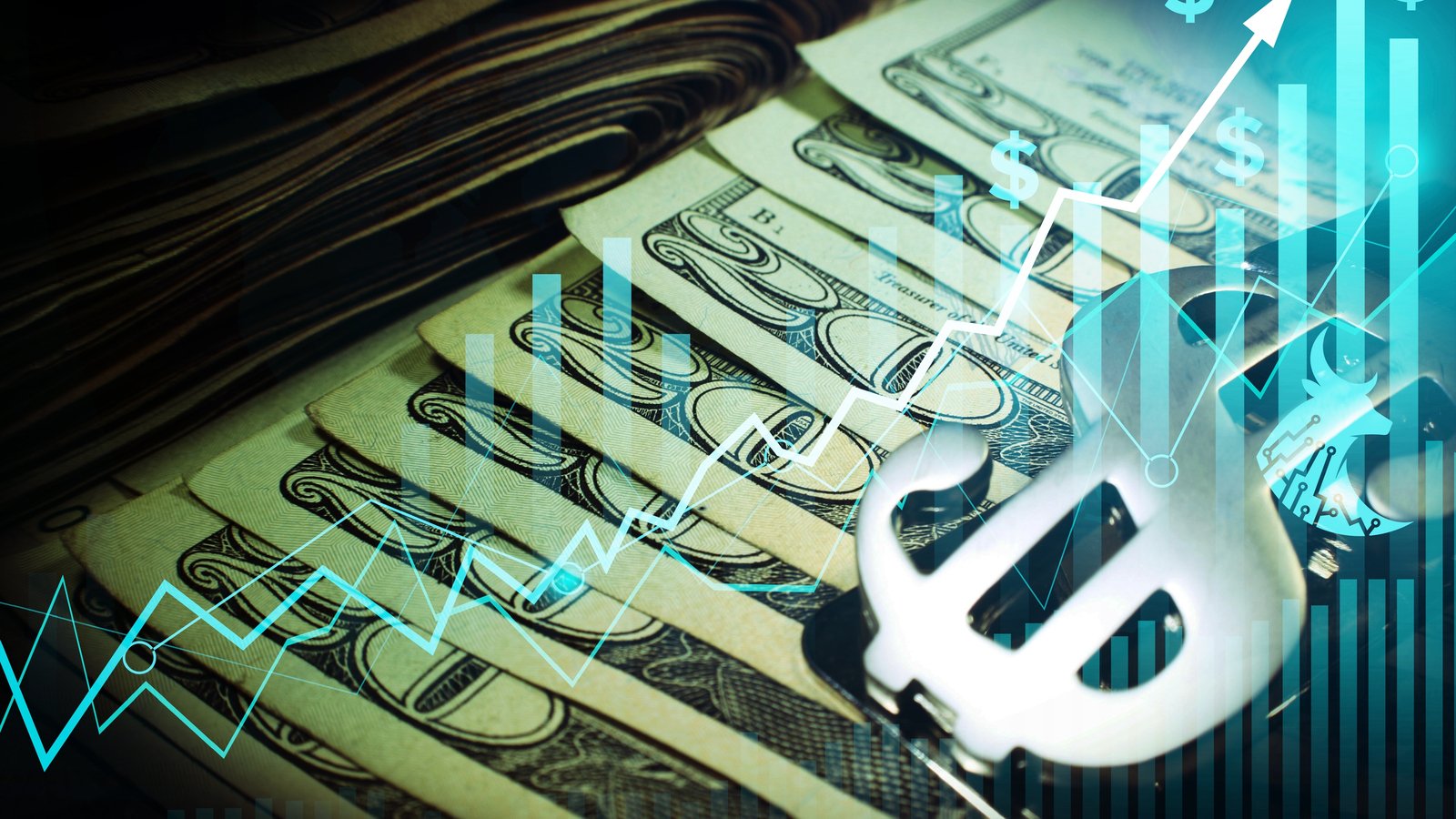
A recent analysis by British fund manager Janus Henderson (NYSE:JHG) found that U.S. stocks are on track for record dividend payments in 2023. 98% of companies are holding their payouts steady or raising them in the third quarter alone. According to Janus, U.S. companies paid $146.6 billion to their stockholders in Q3, putting American markets on pace for a record payout this year.
Although this is great news for investors not every company pays a dividend, and there are big discrepancies among dividend stocks. Some companies are more generous with their stockholders than others. Here are the best high-dividend stocks to accumulate.
Dell Technologies (DELL)
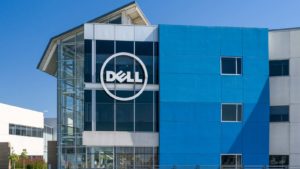
Personal computer maker Dell Technologies (NYSE:DELL) is one of the best technology companies to own when it comes to dividend payments. Most tech stocks pay no dividends to their shareholders. Dell in contrast committed this fall to increase its dividend payout to stockholders by 10% a year between now and 2028. The company expects to return at least 80% of its free cash flow to shareholders in the form of dividend payments and stock buybacks, up from a previous commitment to return 50% of free cash flow.
To that end, Dell also hiked its stock buyback program by $5 billion effective immediately. Currently, Dell pays a quarterly dividend of 37 cents per share, giving DELL stock a yield of 2%, which is high for a tech concern. The dividend payment is only going to grow in the coming years, sustained by strong earnings that company executives expect to be propelled higher by the emergence of generative artificial intelligence (AI) software. DELL stock has risen by 86% in 2023.
HSBC Holdings (HSBC)
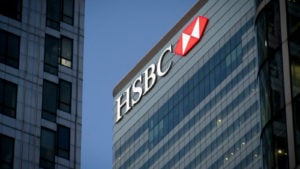
If there was a banking crisis this past year, someone forgot to tell HSBC Holdings (NYSE:HSBC). At the end of October, the London-based bank announced a special dividend payment and a $3 billion stock buyback program as its third-quarter profit rose 235% from a year earlier. Due to the strong results HSBC’s board of directors approved a special dividend payment of 10 cents per share. It was the third special dividend payout that the bank made in 2023 totaling 30 cents a share.
In addition to the special dividend payments HSBC Holdings pays its stockholders a quarterly dividend of 66 cents per share. The special payouts over the course of 2023 have pushed the dividend yield on HSBC stock up to a sky-high 6.60%. The lender has also initiated a new share buyback program of up to $3 billion, which it plans to complete by the end of February. HSBC has also announced three stock buybacks in 2023 totaling $7 billion. HSBC stock has increased 27% over the past year.
General Motors (GM)
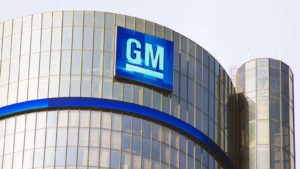
Shares of General Motors (NYSE:GM) have been trending higher ever since the automaker announced at the end of November that it is raising its quarterly dividend to shareholders by 33% to 12 cents per share starting in 2024. GM stock now has a dividend yield of 1% which stands to grow. The dividend boost is aimed at helping the Detroit automaker regain investors’ confidence following a costly labor strike by the United Auto Workers (UAW) this fall that led to an expensive new collective agreement.
As with Dell and HSBC, GM is not only lifting its dividend payment. The company also announced that it will buyback $10 billion of its own stock over the next year. The new stock buyback, and especially the dividend increase, have had their intended impact. GM stock has rallied by roughly 25% since the shareholder rewards were announced. That represents a big turnaround for shares of the company, which have languished for the better part of a decade. GM stock is up by 7% year-to-date.
On the date of publication, Joel Baglole did not have (either directly or indirectly) any positions in the securities mentioned in this article. The opinions expressed in this article are those of the writer, subject to the InvestorPlace.com Publishing Guidelines.

